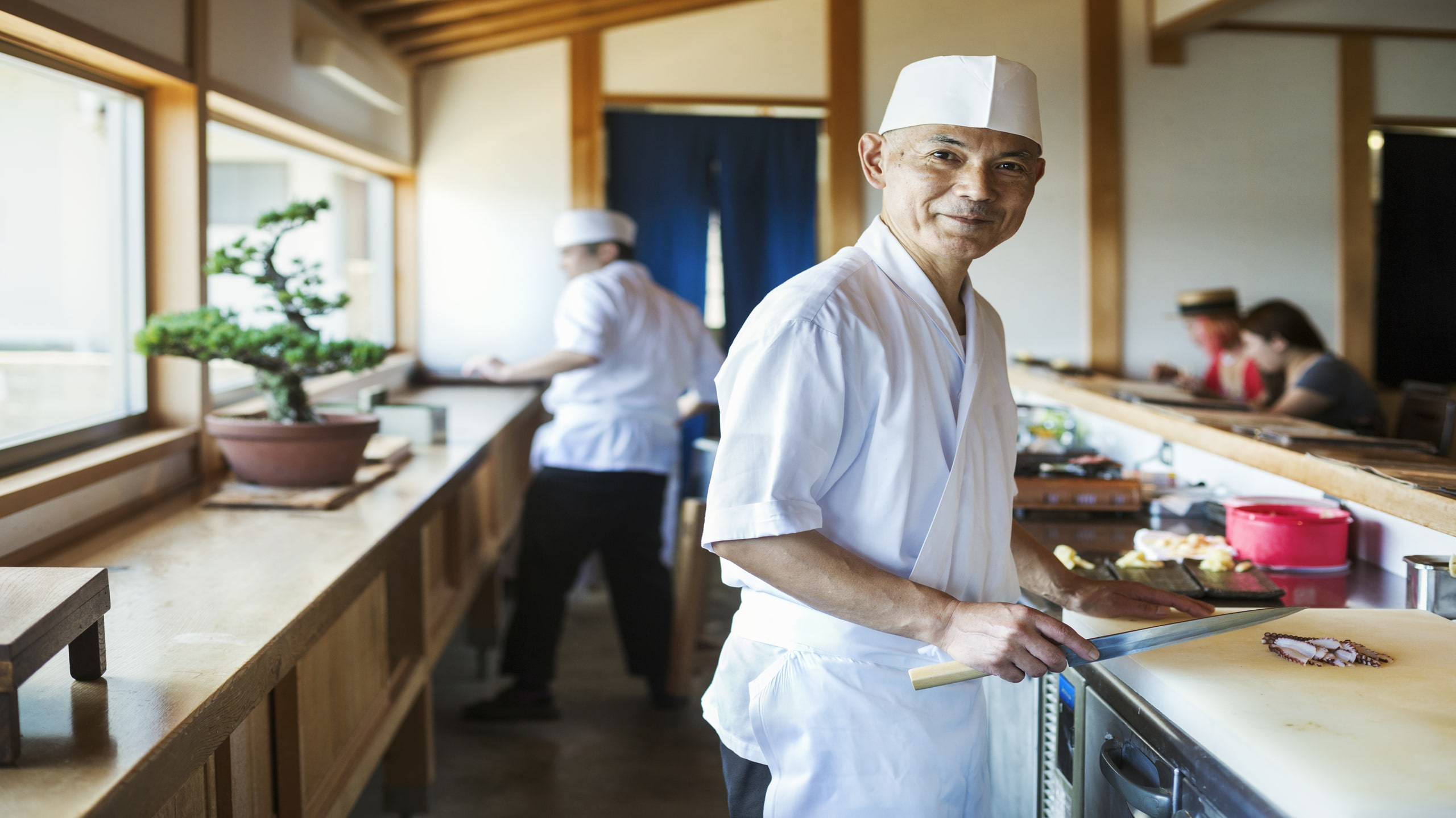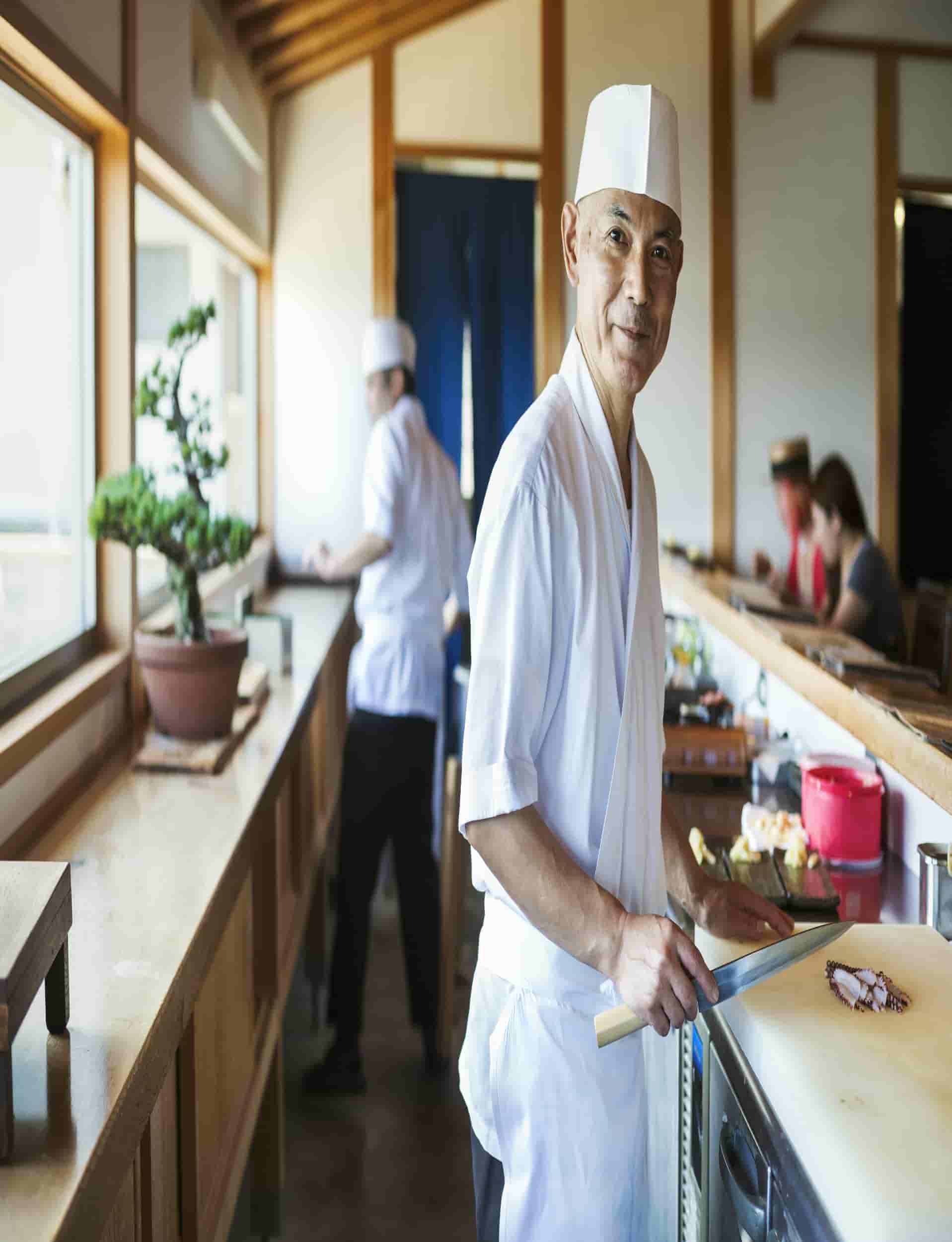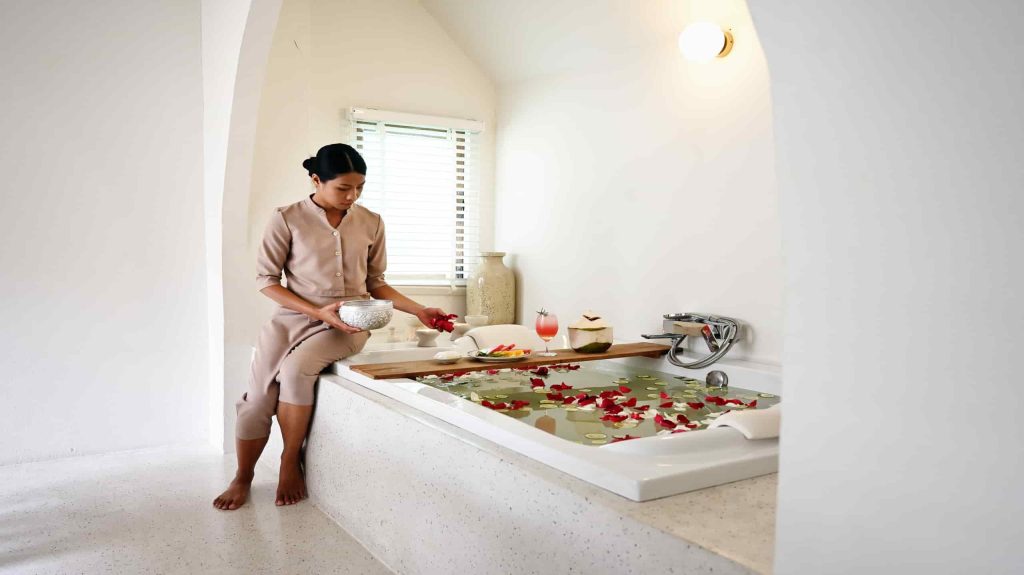


Have you ever wondered why certain hotels feel like a home away from home, while others, despite an illustrious reputation, just don’t hit the mark? Or perhaps you’ve been puzzled why a small family-owned restaurant leaves you with treasured memories, while an upscale trendy bistro falls short?
The key often lies in the hospitality experience. If you’re considering a career in the hospitality industry, it’s crucial to have a deep understanding of this concept. In this article, we will examine the intricacies of the hospitality experience and explore its significance.
What is a hospitality experience?
A positive hospitality experience encompasses the various interactions and services provided by businesses in the industry, including resorts, restaurants, and travel operations. From entering a luxurious hotel lobby to enjoying a delightful dessert at a cozy downtown café, every aspect contributes to your overall experience of hospitality.
Creating an exceptional guest experience relies on finding the right balance of elements such as decor, service, technology, and personalized interactions. This blend is what contributes to a truly unforgettable encounter that lingers in the minds of customers well after they have left the establishment. Such remarkable experiences can cement customer loyalty and encourage repeat visits.
The components of a hospitality experience
At its core, the concept of hospitality revolves around creating and delivering memorable encounters. It goes beyond merely providing accommodation or food services. It’s about crafting an atmosphere that leaves guests with lasting and treasured emotions.
The physical environment
Creating an enjoyable experience first requires a focus on the physical environment. This includes elements such as interior design, furniture arrangement, welcoming lighting, cleanliness, and the availability of places in hotels for guests to relax and get comfortable.
Service quality
Service quality is a critical factor in the hospitality sector, second only to the physical environment. It involves understanding and exceeding customer expectations as well as ensuring that day-to-day operations run smoothly.
Customer interaction
In the hospitality industry, effective communication is also crucial for success. Front-line staff must not only engage in polite conversation but also adeptly address customer concerns while maintaining the desired brand image. Interaction excellence is one of the key customer service skills required in this career, and you need to focus on both verbal communication and non-verbal interactions.
Technology
The hospitality industry has embraced technology to enhance the guest experience. From user-friendly online booking systems to rooms equipped with smart controls, luxury hotel properties and resorts are incorporating technology at every turn. This means that future job opportunities in this field will involve managing and optimizing tech-enabled services.
There are a lot of factors to consider to make the perfect hospitality experience. If you want to make sure that guests and customers have a memorable experience, you can learn all the skills and know-how needed through a hospitality degree.
Become a master of the hospitality experience
This advanced course in luxury management and customer experience can help give you the tools to create high-end moments for guests and lead a successful hospitality career.
Luxury brand management online
Types of hospitality experiences
In the broad field of hospitality, there are numerous opportunities to enhance the guest experience. Depending on your chosen career path and area of specialization, the methods for delivering exceptional hospitality vary significantly.
Hotel experiences
Take a moment to imagine stepping into one of the most rewarding careers in the hospitality industry. In this type of role, your main goal is to create an unforgettable experience for hotel guests. This may involve ensuring the utmost cleanliness of linens, overseeing top-tier room service, or organizing engaging entertainment activities that make guests feel truly pampered.
Hotels offer a variety of unique amenities that aim to enhance the guest experience. These can include spas, fitness centers, and business facilities, each providing different ways for guests to enjoy their stay. From luxurious resorts with sprawling golf courses to charming boutique hotels showcasing the work of local artisans, each establishment has its own approach to delivering exceptional comfort and hospitality.
Restaurant experiences
Hospitality in restaurants extends far beyond serving delicious food. It involves creating a memorable dining experience that encompasses a whole range of elements, including the ambiance, the aesthetics, and attentive service. Even small details like flowers on tables and personalized menu options for those with dietary restrictions contribute to providing an exceptional dining adventure. Find out more about the food and beverage service industry.
Travel experiences
Now, let’s look at another fascinating area: travel experiences. This industry extends beyond conventional hotels and includes opportunities on cruise ships and in casinos, making it an appealing prospect for those seeking other types of fulfilling positions in hospitality. Within this sector, there are various engaging avenues such as tourist attractions, theme parks, and river cruises that all fall under the umbrella of travel experiences. Here, the ultimate aim is to align the logistics of travel or enjoying an attraction with seamless service. Keep in mind that in this field you’re not simply selling journeys. You are also giving people interludes to treasure for a lifetime.
Benefits of a positive hospitality experience
At its essence, hospitality is about creating an enjoyable experience that leaves individuals feeling content. It encompasses the elements of exceptional service, alluring environments, and meaningful interactions. But what happens when businesses consistently meet these standards? Let’s explore the advantages of delivering top-tier hospitality.
Enhanced customer satisfaction
A satisfying hospitality experience is crucial in ensuring customer satisfaction. When guests are treated with respect and efficiency, it leaves a lasting positive impression. However, customer satisfaction isn’t solely dependent on the service provided as it also encompasses other factors such as the surroundings, the employees’ demeanor and their ability to deal with issues.
Increased customer loyalty
Providing an excellent customer experience goes beyond satisfying clients as it also cultivates loyalty. When you consistently meet or exceed expectations, your guests develop trust in your services and brand. Encouraging repeat business is crucial for ensuring the long-term success of any venture focused on delivering excellent guest experiences.
Improved brand reputation
An additional benefit of providing exceptional hospitality experiences is the potential to enhance brand reputation. In today’s interconnected world, guest service experiences shared online can have a significant impact on public perception.
The impact of exceptional hospitality is most apparent when it comes to digital reviews and ratings. A single positive online review has the potential to attract numerous prospective guests, while conversely, a negative review can drive them away.
Factors that affect the quality of a hospitality experience
There are several key factors that contribute to the quality of hospitality services. First and foremost, well-trained and qualified staff play a key role as they are the face of a hospitality brand and directly interact with guests. They need to be knowledgeable, courteous, and able to meet the needs of diverse clientele.
Cultural awareness is another important aspect of providing exceptional hospitality. Understanding the customs and norms of different cultures helps create a welcoming environment for guests from all backgrounds. This not only enhances their comfort but also contributes to a positive perception of the brand.
Customer service standards set the benchmark for guest interactions. Being attentive, responsive, and prompt in addressing guest needs is essential for ensuring customer satisfaction and loyalty. Investing in these areas will elevate the overall hospitality experience, setting new standards within the industry for both employees and guests alike.
Creating a positive hospitality experience
Carlina Teteris / Moment Via Getty Images
Creating a standout hospitality experience means a hotel manager must address three key elements: uniqueness, personalization, and an engaging atmosphere.
- Uniqueness: Research industry trends, foster innovation within your team, and collaborate with local businesses or artists to craft distinctive packages and events. These steps set you apart from competitors and leave lasting impressions on customers.
- Personalization: Train your staff to provide tailored services that go beyond basic customer service. Utilize technology to maintain customer preferences databases, reach out during special occasions, and deliver individualized experiences, showcasing the essence of true hospitality.
- Engaging atmosphere: Every detail, from visual design to the music played, should align with your hotel brand’s vision and culture, creating welcoming spaces that foster guest comfort and connection. Consistency across physical and digital touchpoints ensures a warm and inviting atmosphere, enriching the overall hospitality experience.
By learning to incorporate these elements through getting the right education, a hotel manager can transform a standard visit into a memorable and shareable hospitality event, truly capturing the essence of exceptional hospitality.
Deliver the pinnacle of guest experience
Combining teaching from industry trendsetters with chances to build your professional network and learn in sought-after placements, this degree will take your career to the next level.
Luxury management Bachelor’s
Trends in the hospitality industry
Two major trends are transforming the hospitality industry: the integration of technology and a focus on sustainability.
Hotel technology has now become an integral part of the guest experience in the hospitality industry. Online booking systems have streamlined reservations and made them more convenient for guests. Artificial Intelligence (AI) is making recommendations and automating customer interactions. Mobile apps now give guests control over their stay, allowing them to access their rooms and make service requests.
In response to increasing consumer demand and the need to reduce environmental impact, the hospitality sector is actively adopting sustainable practices. These initiatives encompass a range of measures, such as waste reduction programs, sourcing meals from local producers, and using energy-efficient appliances. Some establishments also offer electronic billing options to minimize paper usage. Additionally, there is an emphasis on social sustainability through promoting staff development and ensuring stable employment opportunities. These hospitality trends are not merely reshaping the hospitality experience, but revolutionizing it.
Conclusion
We have examined the meaning of a hospitality experience and its different components, and various types of experiences you might have in hotels, restaurants or in travel. Certain elements hold great significance. Factors such as exceptional service, effective customer interactions, and seamless integration of technology are key in modern hospitality. It’s essential to master these components when venturing into a hospitality career or seeking to elevate standards within their existing hospitality business. You can get started on your path to hospitality excellence today with a hospitality degree from Glion. Or, read more about why you should work in the hospitality industry.
Main Image:
Mint Images / Mint Images RF Via Getty Images

















